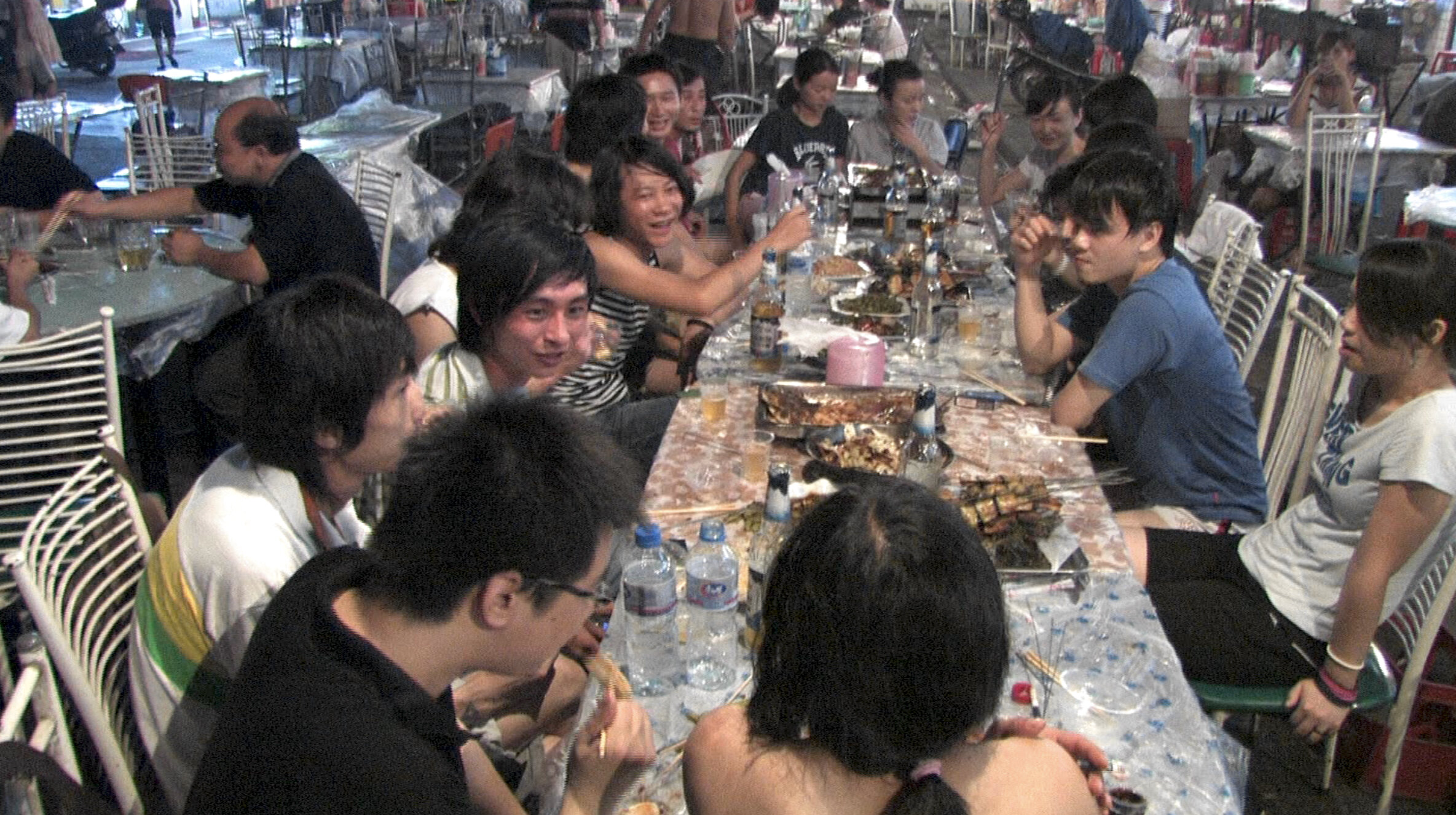In February 1989, just after the Chinese New Year holiday, I took my first trip to Wuhan. I flew there from Nanjing on a Soviet-made airplane. I was in the midst of a three-month journey that took me all over China for the first time in my life. At Wuhan, I boarded a ship that took me on a five-day journey up the Yangzi River to the city of Chongqing. During that marvelous journey, as we passed through the famed Three Gorges scenic area (this was before the dam), I became violently ill, and spent an entire night alternately squatting over a shit-filled sluice in the men’s room, and puking my guts out over the ship’s railing, until a kindly man took pity on me and brought me to the ship’s doctor, who gave me a shot of something sweet and strong that put me to sleep.
Back then, traveling in China was fraught with perils, from illnesses—both air- and water-borne—to pickpocketing, thievery, and all sorts of swindling. And yet, for every swindle or crook I encountered, there was always a good samaritan around to help me out. Overall, despite the hazards and the constant bouts of colds and diarrhea—you couldn’t brush your teeth or even get near the water without boiling it first and not face severe consequences—I had a tremendous journey in China, and one that changed the course of my life.
I mention this first travel experience of mine in order to put present-day China in context. While the current corona-virus scare may have exacerbated feelings about China’s penchant for generating viral outbreaks (everyone references the SARS outbreak in 2003), China has come a long way since the year of my first journey around this vast country in 1988-1989. Having lived in China for a total of around 15 years since the mid-1990s, I can say that there has been steady improvement in both sanitation and in hygiene, including of course the facilities and practices that support them. Nobody who has spent a significant amount of time in this country over the past three decades could argue otherwise.
Arriving in Wuhan with Kang Mao and Wu Hao on a sweltering July in 2007
My second trip to Wuhan was in 2007. I traveled there by train with a hardcore rock band called SUBS, whose members were from Wuhan, though they’d been living in Beijing since the late 1990s. They were going back to their hometown to see old friends and to give a concert to their hometown in a club called VOX. I filmed the band’s journey and their concert in VOX, and these scenes became part of our doc film Down: Indie Rock in the PRC, which we first started screening to the public in 2011.
As soon as we arrived in Wuhan, we felt the sweltering heat of one of the “four furnaces” of China. This was in July. We crammed into a cab and were soon on our way to the neighborhood that housed Club VOX.
SUBS rocking down the house in Club VOX in Wuhan, July 2007
After the concert, the four band members—Kang Mao on vocals, Zhu Lei on bass, Wu Hao on guitar, and Zhang Shun on drums—met their old mates on a big open food street, where they chowed down on an amazing meal of Chuanr—i.e. barbecued meats and veggies—washed down with copious amounts of beer and whiskey. This scene also went into our film. When I asked Kang Mao (the female lead singer, an extraordinary performer and human being as you see in our film) how she felt about being there in Wuhan with her buddies, she said “I’m in Paradise! Only I wish Paradise weren’t so hot!”
SUBS and friends chowing on Shaokao and chuanr on a Wuhan food street, July 2007
Zhu Lei and Kang Mao eating “dry hot noodles”
My next visit to Wuhan took place ten years later in 2017, when I went there to recruit students for our Global Learning Semester program at Duke Kunshan University. DKU is the product of a partnership with Wuhan University, which was a very good source of students for our one-semester liberal arts program. Some of our best students were from Wuda (Wuhan University).
With students on a visit to Wuhan University in April 2017
Wuhan University is a beautiful tree-filled campus sprawled across the hills surrounding the city of Wuhan. I went to Wuda at least twice in two years and always enjoyed my visits there. And the food of Wuhan, from the “dry hot noodles” (regan mian), a typical street meal (also in our film!) to the cafeteria food at Wuda—always delicious! Yummy and spicy and right on! Just like the rock music that Wuhan produced. Wuhan rockers were always a part of the Beijing scene, and Wuhan was known as a serious city for punk and post-punk rock.
And so, my heart goes out to the city in its current time of peril. I have no doubt that the fine people of Wuhan will overcome the current crisis and emerge stronger and spicier than ever. So here’s to the people of Wuhan! 加油!and rock on!





